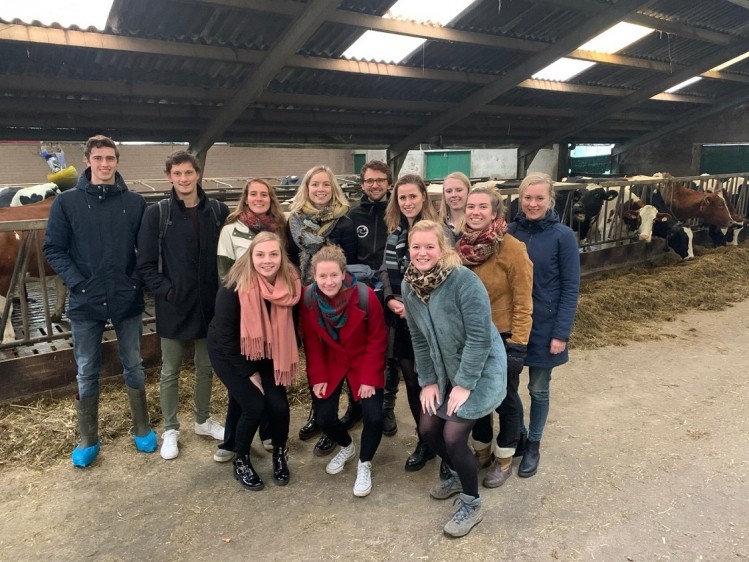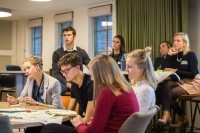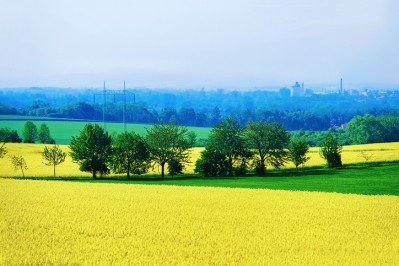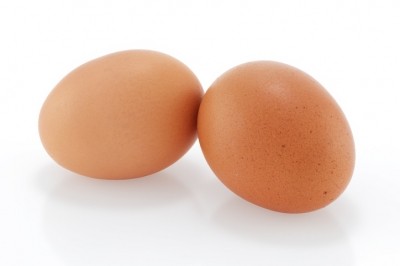Special Edition: Feed Sustainability
ForFarmers seeks next generation ideas on circular farming

“The students are involved in a diverse range of educational studies, but they share a common passion for sustainability,” said Marieke Leussink, spokesperson for ForFarmers.
The compound feed group said it is looking for innovative ideas in the field of circular farming that, if appropriate, could be applied within the supply chain.
It is one of five companies located in the Netherlands participating in this initiative in 2019. The others are airline group, KLM, Dutch rail network player, ProRail, Amsterdam water authority, Waternet, and energy company, Engie.
“For this challenge, each company has created a case on sustainability that is relevant for its own business,” said Leussink.

Circular farming
Circular farming is a topical issue in the Netherlands today, she continued.
The students are required to consider circular farming as an agriculture system in which low value nutrients are transformed into high value proteins. This entails that they should take into account everything concerning ingredients for feed, such as raw materials, responsible sourcing, use of co-products (i.e. residual flows of the food industry) and forage, as well as novel proteins, for example, explained Leussink.
On the feed production side, they should look at possibilities in the field of more energy efficient manufacture and logistics, meeting ecological demands at the farmgate and optimizing the nutrient value for the animals. In addition, manure strategies for improved soil health and ways to reduce emissions can be considered.
'A blank sheet'
“We are giving the students insights into how our business works and they are visiting a dairy farmer to get a perspective on circular farming.
“We give them a blank sheet, we do not give them models, we are curious to see what proposals the students will come up with and which may be appropriate or useful to us” said Leussink.
The students, who come from various Dutch universities and third level institutes and who are studying subjects as distinct as food quality management, sustainable development, and animal science, will work in three groups and present their final ideas to FarFarmers executives in mid-December.
The students will also participate in an innovation pressure cooker day as part of the process.
The challenge, said Leussink, allows student to become familiar with corporate life as well as learning to apply business solutions in practice.
“And, for us, it is interesting to see what the next generation thinks of this topic and how they might inspire us.”















